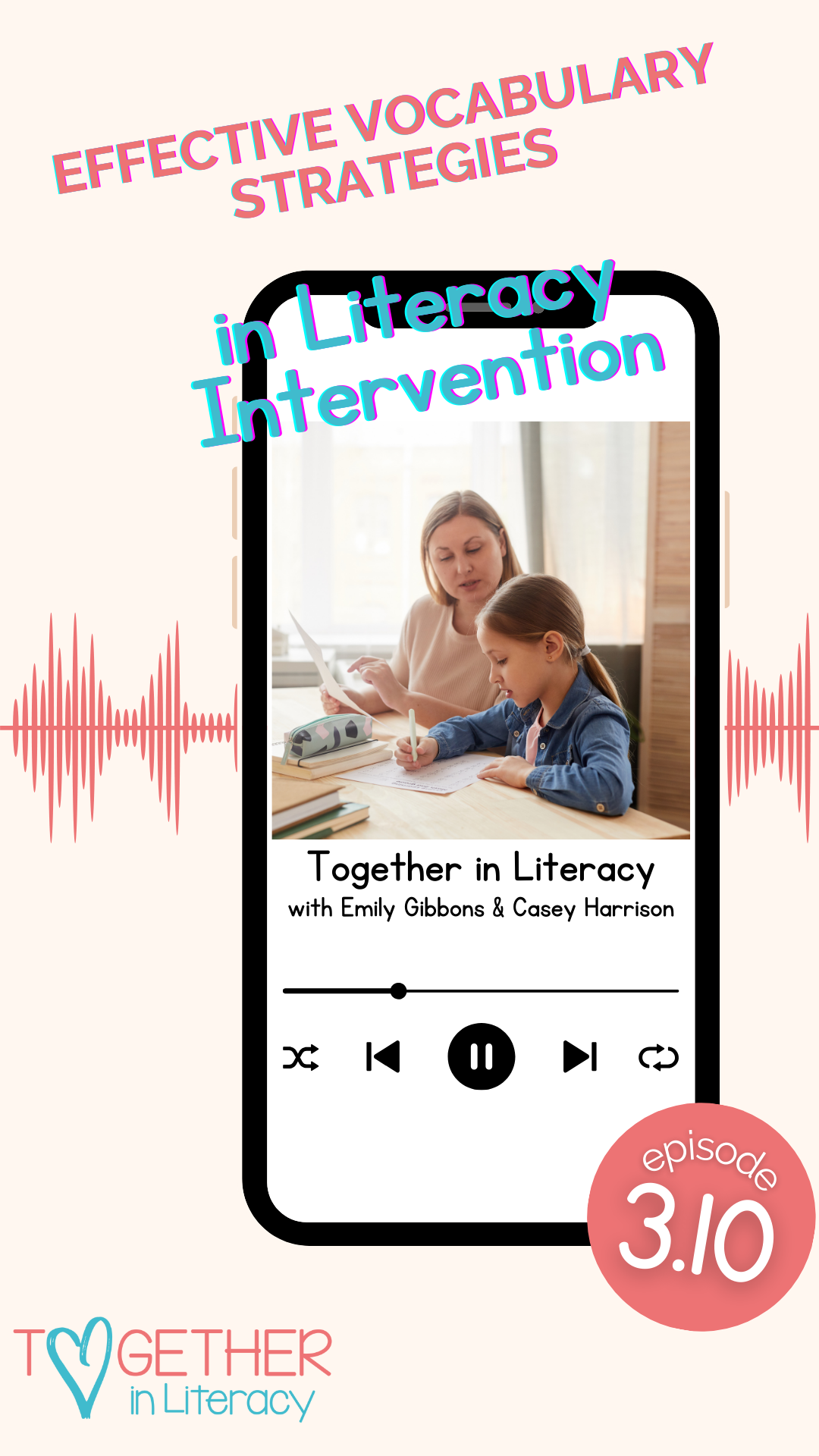Vocabulary is an essential aspect of language learning and communication. It plays a crucial role in expressing thoughts, ideas, and emotions effectively. Building a strong vocabulary can enhance one’s writing and speaking skills. There are five key principles that can help individuals improve their vocabulary.
Reading is one of the most effective ways to expand vocabulary. By reading a variety of materials such as books, articles, and newspapers, individuals are exposed to new words and phrases. Context clues can help in understanding the meaning of unfamiliar words. Reading regularly can significantly enhance vocabulary skills.
2. Vocabulary Lists
Creating and maintaining vocabulary lists can be a useful tool in vocabulary building. By jotting down new words along with their meanings and usage, individuals can reinforce their learning. Reviewing these lists regularly can help in retaining new words in memory and incorporating them into everyday language.
3. Contextual Learning
Learning vocabulary in context is crucial for understanding how words are used in different situations. By seeing words in sentences and paragraphs, individuals can grasp their meanings and nuances. Contextual learning helps in retaining vocabulary better than rote memorization.
4. Practice and Application
Practice is key to mastering vocabulary. Engaging in activities such as writing essays, participating in discussions, and solving word puzzles can help in applying new words. Practicing using vocabulary in real-life situations can solidify learning and improve language skills.
5. Vocabulary Building Apps
There are numerous vocabulary building apps available that offer interactive ways to learn new words. These apps provide quizzes, games, and flashcards to make learning engaging and fun. Utilizing vocabulary building apps can make the process of expanding vocabulary more enjoyable and effective.
In conclusion, developing a strong vocabulary is essential for effective communication and language skills. By incorporating these five key principles – reading, vocabulary lists, contextual learning, practice and application, and vocabulary building apps – individuals can enhance their vocabulary and become more proficient in expressing themselves.
